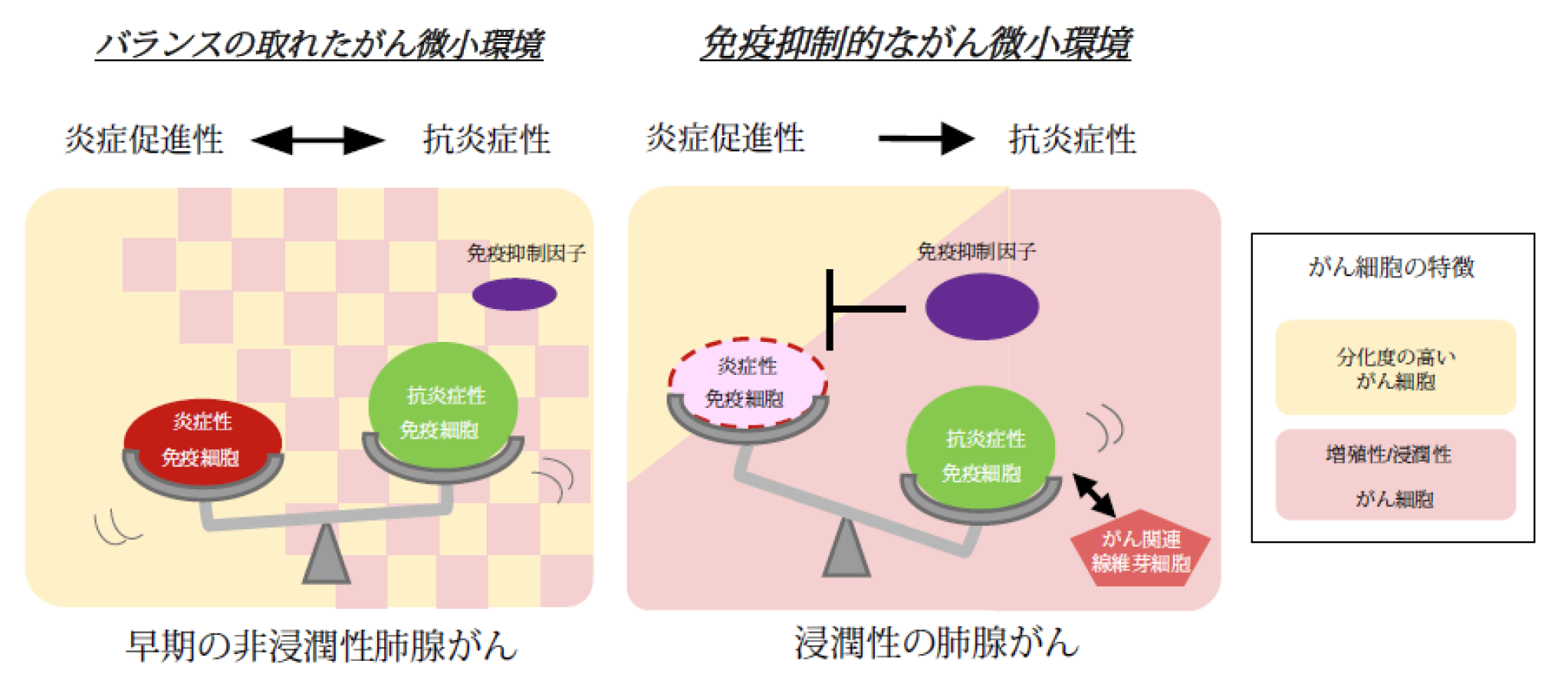2024-12-10 カナダ・コンコルディア大学
<関連情報>
- https://www.concordia.ca/news/stories/2024/12/10/mothers-language-choices-have-double-the-impact-in-bilingual-families-new-research-shows.html
- https://srcd.onlinelibrary.wiley.com/doi/10.1111/cdev.14196
母親と同じように子供も: 母親と父親の個別言語使用がバイリンガル言語曝露に与える影響の違い Like mother like child: Differential impact of mothers’ and fathers’ individual language use on bilingual language exposure
Andrea Sander-Montant, Rébecca Bissonnette, Krista Byers-Heinlein
Child Development Published: 22 November 2024
DOI:https://doi.org/10.1111/cdev.14196

Abstract
Language exposure is an important determiner of language outcomes in bilingual children. Family language strategies (FLS, e.g., one-parent-one-language) were contrasted with parents’ individual language use to predict language exposure in 4–31-month-old children (50% female) living in Montreal, Quebec. Two-hundred twenty one children (primarily European (48%) and mixed ethnicity (29%)) were learning two community languages (French and English) and 60 (primarily mixed ethnicity (39%) and European (16%)) were learning one community and one heritage language. Parents’ individual language use better predicted exposure than FLS (explaining ~50% vs. ~6% of variance). Mothers’ language use was twice as influential on children’s exposure as fathers’, likely due to gendered caregiving roles. In a subset of families followed longitudinally, ~25% showed changes in FLS and individual language use over time. Caregivers, especially mothers, individually shape bilingual children’s language exposure.

